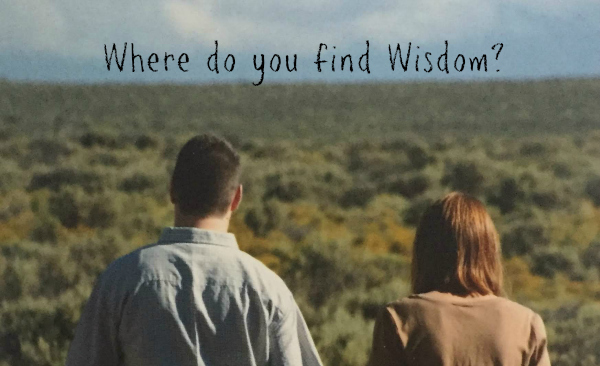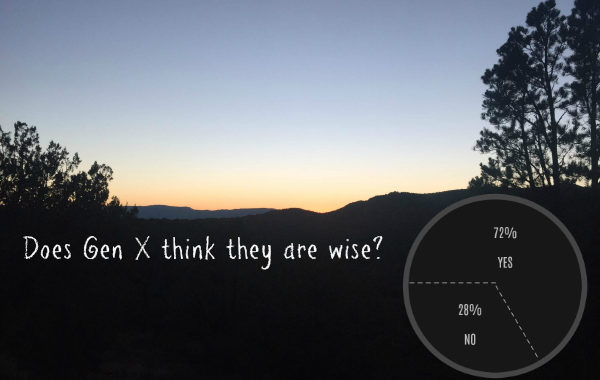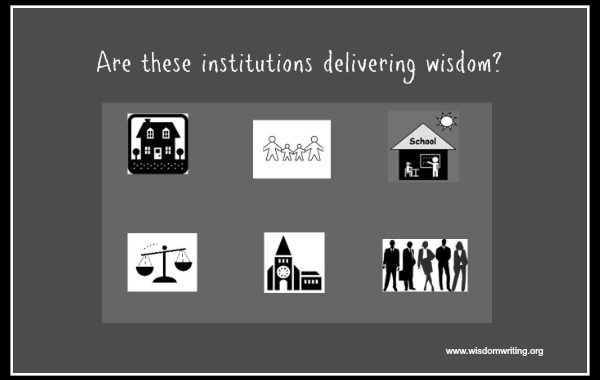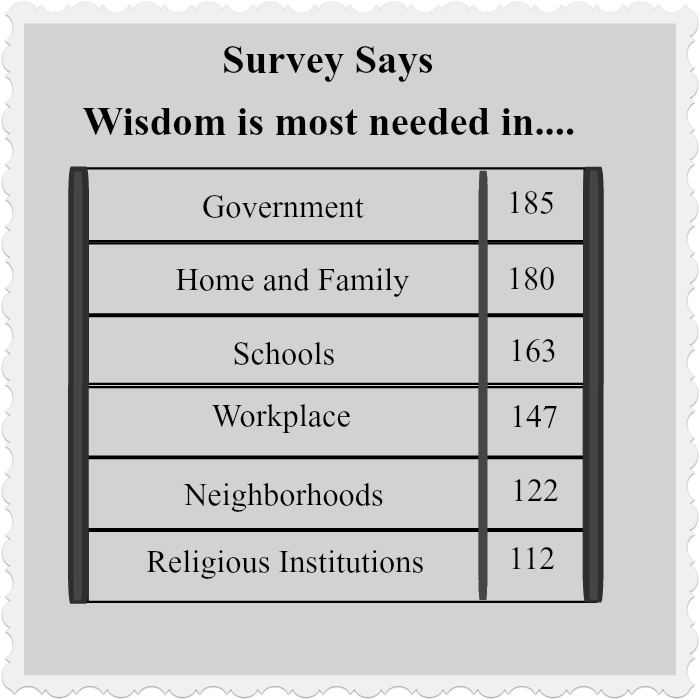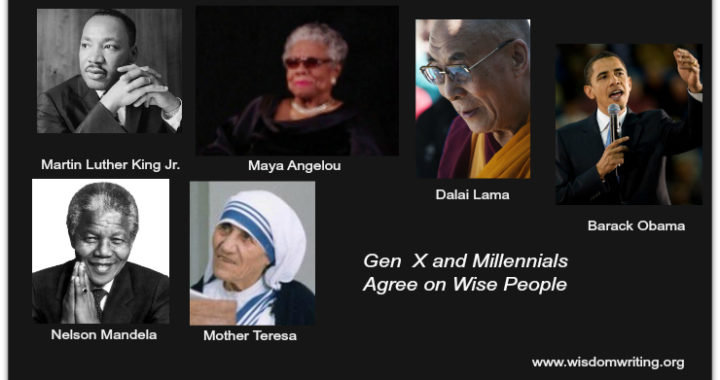The third question in a 2018 survey responded to by 212 individuals age 36-55, allowed them to identify the sources they use to cultivate wisdom in their lives and to indicate the ones they find most helpful. Just like the feedback from millennials, their answers were evenly distributed across the choices provided -with the highest number of responses belonging to reflecting on life experience and engaging their family and friends in the process, and the lowest being the reading of sacred texts.
Favorite Sources of Wisdom from Highest to Lowest
- Reflecting on Life Experience–186 respondents
- Friends and Family–186 respondents
- Articles and Books (workshops and podcasts)–171 respondents
- Being in Nature–140 respondents
- Creative Pursuits (music, art, poetry….)–125 respondents
- Religious or Spiritual Leaders**—116 respondents
- Spiritual Practice—110 respondents
- Personal/Journal Writing—81 respondents
- Sacred Texts—54 respondents
**The order of preference is almost identical to the responses of 18-35 year olds with the exception of Religious/Spiritual Leaders ranking 6, whereas the younger generation had a ranking of 8
The comments section further illuminated the choices of Gen X, as they described an holistic wellness approach to cultivating wisdom: through exercise, Tai Chi, Yoga, meditation, mindfulness practice, motivational social media, reading and engaging in workshops. In addition, they relied on people they respected as personal mentors, counselors and spiritual directors to help lead them to a deeper understanding of their life experiences. In fact, these influences were mentioned more frequently than specific friends and family members (even though 88% of respondents checked off friends and family members as a wisdom source).
As a whole, the group expressed a strong value in reflecting on their life experiences. They used a variety of spiritual practices in both natural and church settings and were even willing to consider the following question:
What is your reaction to thinking about yourself as a source of wisdom?
About a quarter of the respondents shared their discomfort, rejection or indifference to the possibility that they could be a source of wisdom, with comments such as LOL, that’s comical, or I am weirdly uncomfortable. Others revealed that it was scary and an “overwhelming responsibility” to be thought of as a source of wisdom. Or they simply felt it was egotistical to view one’s self that way, particularly if they already acknowledged that they were “too judgmental.”
The remaining seventy-five percent expressed a more positive view with comments suggesting that it was “intriguing” to consider one’s self as a source of wisdom or that it was an honor to share their insights. Of these individuals, many said that since everyone has the potential to develop wisdom, it made sense to see their own life experience as fertile soil for its growth. This opinion was reinforced when others turned to them for advice, particularly if they were younger or had less experience on a subject. Since knowledge is often equated with wisdom, some turned to their work for inspiration and it helped them to see themselves as a source of wisdom in this setting. Others spoke of their spiritual connection or relationship with God that influenced their experience.
I was moved by the thread of humility woven throughout all the answers that I read. This was combined with an expressed respect for the privilege of being able to share one’s perspective with another person.
To continue with this series revealing the responses of 36-55 year olds to a wisdom survey, click here and learn about where wisdom is most needed according to Gen X.
